Foreign Object Ingestion: When Your Pet Swallows Something Dangerous
Pets explore the world with their mouths, often leading them to swallow objects they shouldn’t. From socks and toys to bones and household items, foreign object ingestion is a common veterinary emergency that can cause life-threatening blockages and internal injuries.
At Mission Veterinary Clinic & Animal Emergency Hospital, we frequently treat pets suffering from gastrointestinal obstructions and complications caused by foreign object ingestion. This guide will help pet owners understand the dangers, symptoms, treatment options, and prevention strategies to keep their pets safe.
What Is Foreign Object Ingestion?
Foreign object ingestion occurs when a pet swallows something that cannot be digested or safely passed through the digestive tract. Some objects may pass naturally, while others become trapped in the stomach or intestines, leading to serious complications.
Common Items Pets Swallow
- Toys and balls
- Bones (cooked or raw), corn cobs, and sticks
- Socks, underwear, and fabric
- Hair ties, rubber bands, and string (especially dangerous for cats)
- Rocks, coins, and batteries
- Plastic wrappers, aluminum foil, and food packaging
Learn more about how these objects cause obstructions from Cornell University’s Riney Canine Health Center.
Why Is Foreign Object Ingestion Dangerous?
Potential Complications Include:
- Gastrointestinal Blockage – The object may obstruct the stomach or intestines, preventing food from passing.
- Perforation and Internal Damage – Sharp objects like bones can puncture the intestines, leading to life-threatening infections.
- Toxicity – Batteries, medications, and certain household objects release harmful chemicals when swallowed.
- Strangulation of the Intestines – String-like objects (yarn, tinsel, dental floss) can cause linear foreign body obstruction, where the intestines bunch up and suffer severe damage.
The American College of Veterinary Surgeons (ACVS) explains how foreign bodies can cause severe complications if not treated promptly.
Signs Your Pet Has Swallowed a Foreign Object
Many pets do not show symptoms immediately, making it crucial to recognize early warning signs of gastrointestinal distress.
Symptoms to Watch For:
- Vomiting or gagging (especially after eating or drinking)
- Loss of appetite or refusal to eat
- Lethargy, weakness, or unusual behavior
- Abdominal pain (whining, hunching, sensitivity when touched)
- Straining to defecate or diarrhea
- Bloating or visible discomfort
If your pet exhibits these symptoms, do not wait—seek veterinary care immediately. The longer an object remains inside, the higher the risk of serious complications.
How Veterinarians Diagnose Foreign Object Ingestion
At Mission Veterinary Clinic, we use advanced diagnostic tools to locate swallowed objects and determine the best course of action.
Diagnostic Process:
- Physical Examination – Assessing pain, bloating, and potential obstruction.
- X-Rays – Identifying radiopaque objects (bones, rocks, metal).
- Ultrasound – Detecting soft foreign objects like fabric or rubber.
- Endoscopy – Inserting a small camera into the stomach to locate and possibly remove the object.
Treatment Options for Foreign Object Ingestion
The treatment approach depends on the size, type, and location of the object.
1. Monitoring for Natural Passage
- If the object is small, smooth, and not toxic, your vet may recommend monitoring stool output for a few days.
- X-rays and follow-ups are essential to ensure the object moves safely through the digestive tract.
2. Inducing Vomiting (Only Under Veterinary Supervision)
- For recent ingestion of small, non-sharp objects, the vet may induce vomiting to remove the object.
- Never attempt this at home, as some objects can cause choking or esophageal damage if brought back up.
3. Endoscopic Removal
- If the object is in the stomach, a veterinarian may use an endoscope (a small camera with a tool) to retrieve it without surgery.
4. Exploratory Surgery
- If the object has moved into the intestines or is causing an obstruction, surgery is required to remove it.
- Learn more about exploratory surgery for foreign object removal from PetCoach.
Emergency surgery is required if:
- The object is too large or sharp to pass naturally.
- The pet is experiencing severe vomiting, bloating, or pain.
- A toxic or corrosive material (batteries, chemicals) has been ingested.
Preventing Foreign Object Ingestion
While some pets are naturally curious, pet-proofing your home and training proper behavior can help reduce the risk of foreign object ingestion.
Prevention Tips:
- Choose Pet-Safe Toys – Avoid small, easily chewed-off parts.
- Supervise Chew Time – Never leave pets unattended with bones, rawhides, or plastic toys.
- Keep Dangerous Items Out of Reach – Store socks, trash, coins, and medications securely.
- Train “Leave It” and “Drop It” Commands – Teaching impulse control can prevent your pet from grabbing harmful items.
For expert training strategies, read Preventive Behavioral Care: Setting Your Pup Up for Success by the American Veterinary Society of Animal Behavior (AVSAB).
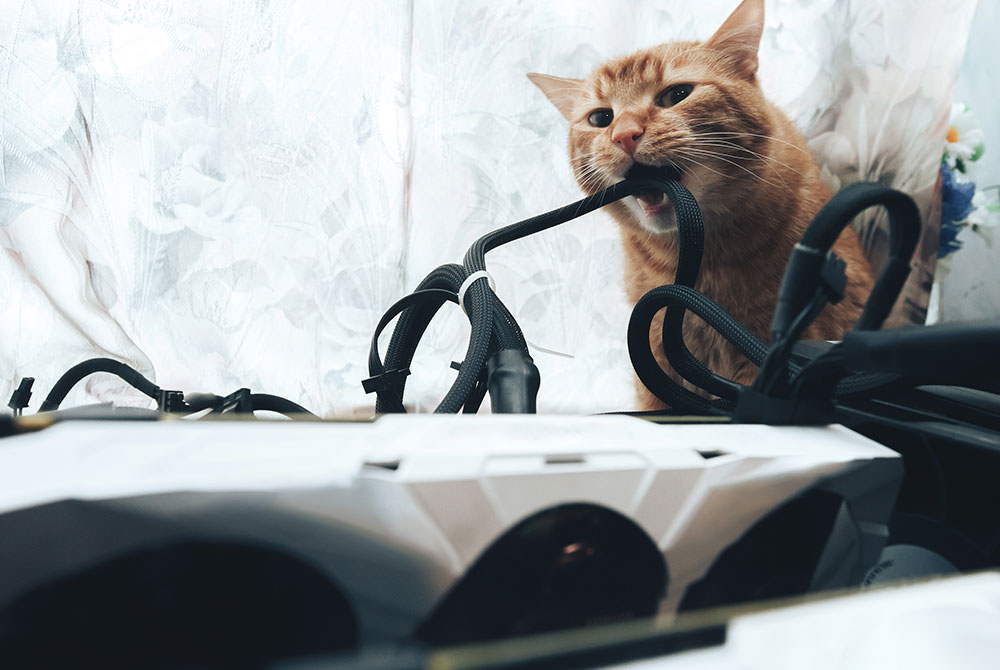
What to Do If Your Pet Swallows Something Dangerous
Step 1: Call Your Veterinarian Immediately
- Provide details on what was swallowed, when it happened, and any symptoms.
Step 2: Do NOT Try Home Remedies
- Do NOT induce vomiting unless directed by a vet.
- Do NOT wait if the object is sharp, large, or toxic—seek emergency care.
Step 3: Monitor for Symptoms
- If advised to wait and observe, check for vomiting, bloating, or signs of distress.
- If symptoms worsen, return to the clinic immediately.
How Mission Veterinary Clinic Can Help
At Mission Veterinary Clinic & Animal Emergency Hospital, we offer:
- Emergency care and immediate diagnostics for suspected foreign object ingestion.
- Advanced imaging (X-rays, ultrasound, endoscopy) to locate foreign bodies.
- Safe and effective removal procedures, including endoscopy and surgery.
Located at: 16915 San Fernando Mission Blvd, Granada Hills, CA
Call us immediately for emergencies: Contact Us
Learn more about our services: Explore Our Veterinary Care
Foreign object ingestion is a serious medical emergency—act fast and seek veterinary care to keep your pet safe.
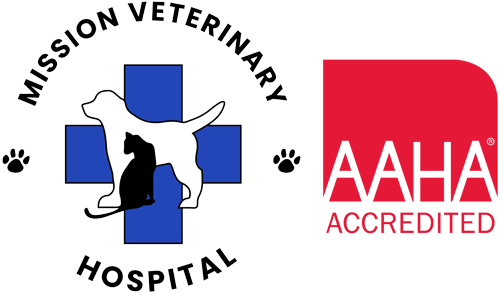
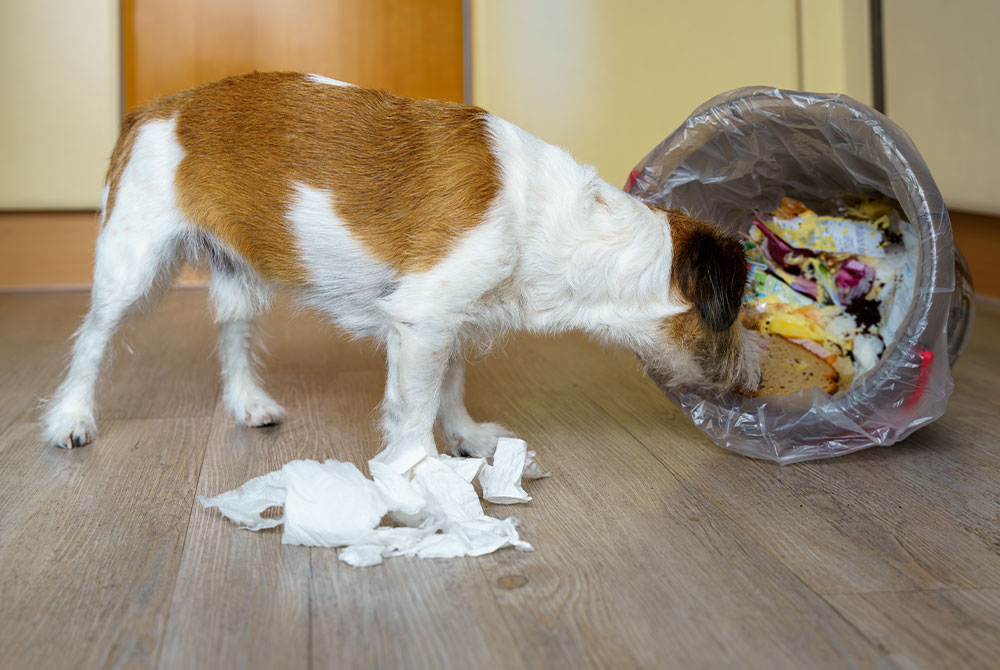
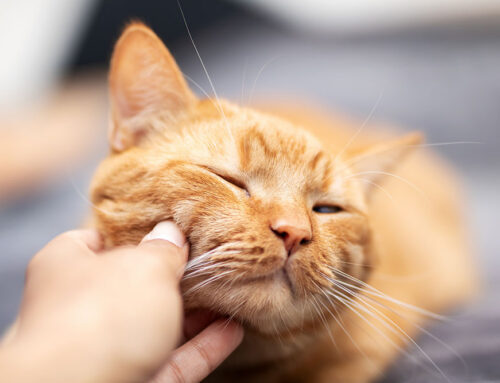
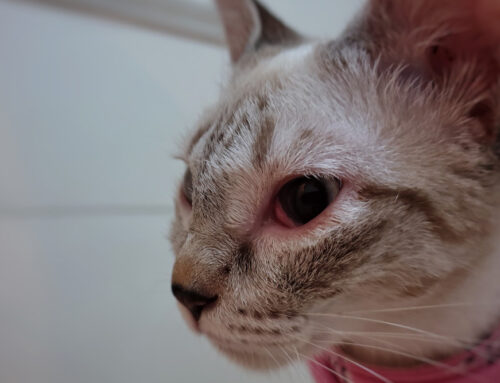






Leave A Comment